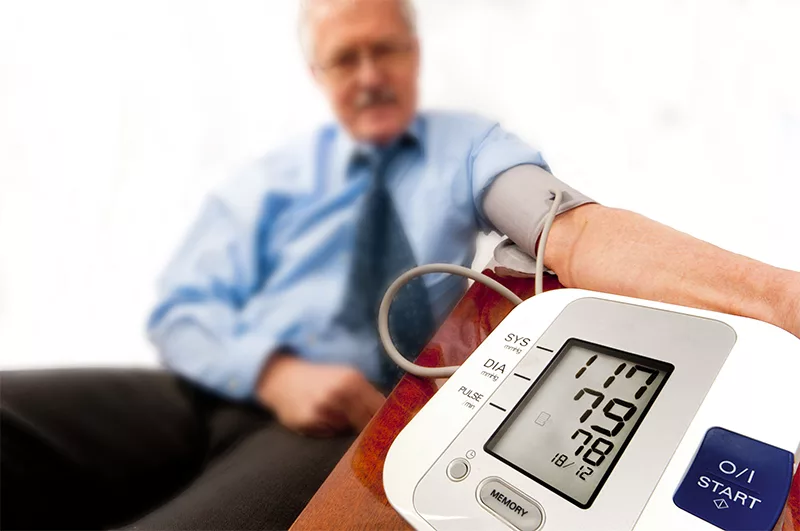
The hazards of high blood pressure on cardiovascular health are well known. But hypotension, or low blood pressure, isn’t often considered a serious health issue. This article aims to shed light on a lesser-known risk factor for heart attacks by investigating the link between low blood pressure and these events.
What is low blood pressure?
When blood pressure is low, the force of the blood against the walls of the arteries is less than usual. This means that important organs don’t get enough blood. While some people naturally have lower blood pressure and don’t notice any problems, having too low blood pressure can make you feel tired, dizzy, or even faint.
A critical look at heart attacks
A heart attack, also called a myocardial infarction, happens when blood flow to a part of the heart is cut off for a long time. This can damage or kill the heart muscle. The coronary vessels, which deliver oxygen-rich blood to the heart, are typically where plaque accumulates and causes this blockage. So what is the connection with low blood pressure?
Low blood pressure and heart attacks
It’s true that low blood pressure doesn’t directly cause heart attacks, but it can lead to heart problems that make them more likely. For example:
- Reduced Blood Flow to the Heart: Low blood pressure can make it so that the heart doesn’t get enough blood, especially when it needs it the most, like when you’re working out or under a lot of stress. This lower blood flow can keep oxygen from getting to the heart muscle, which can lead to ischemia (not enough blood flow) and possibly a heart attack.
- Hypotension as a Symptom of Underlying Conditions: Low blood pressure can sometimes be a sign of a deeper health problem, like heart disease, a serious sickness, or not drinking enough water. These diseases can also raise the chance of heart attacks by making the heart work less well or making blood clots more likely to form.
- Interaction with Medications: Some medicines used to treat low blood pressure, like alpha-blockers and vasodilators, can have side effects that make the heart work less well or raise the risk of arrhythmias (irregular heartbeats), which are also linked to heart attacks.
While low blood pressure alone may not directly cause a heart attack, it can contribute to cardiovascular complications that elevate the risk of heart attack. Individuals with low blood pressure should be mindful of potential symptoms and seek medical evaluation if they experience persistent dizziness, fainting, or other concerning signs. Hypotension, or dangerously low blood pressure, may lead to a number of serious complications.
It is possible to reduce the likelihood of these hazards and improve heart health by leading a healthy lifestyle, taking care of any underlying health concerns, and having a conversation with a healthcare practitioner about the effects of certain medications.



